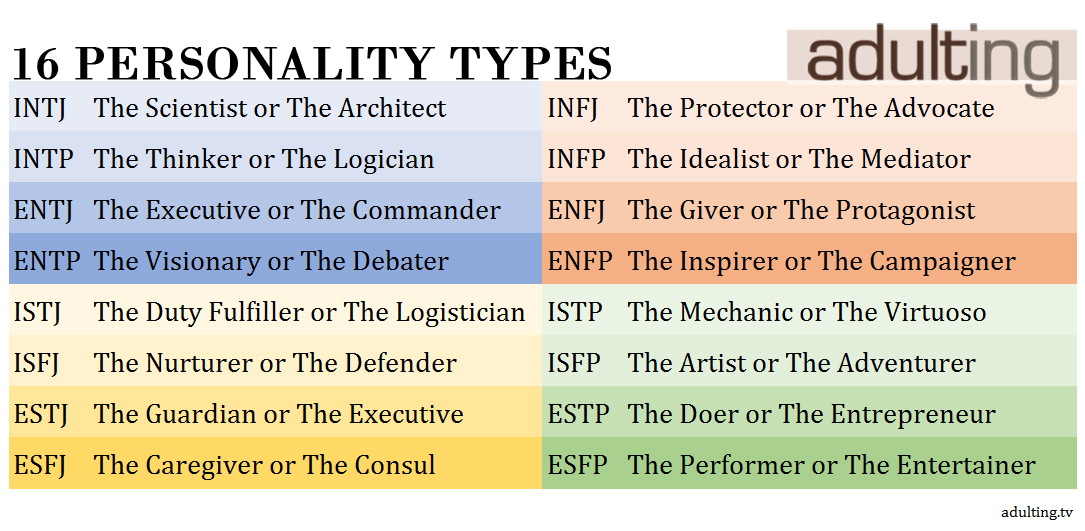When we think of the things that have influenced us, we think of our parents, clergy, coaches, teachers, and friends. All the usual suspects. We think of people who’ve impacted our lives, our thinking, and our careers, and how they’ve changed us or set us on a particular course.
We think about how they’ve helped us make important, life-changing decisions or encouraged us when we simply couldn’t continue to encourage ourselves. They’ve been there for us when we’ve needed it most.
They’ve been our mentors.
At least that’s how it’s been for me.
Books, as well as people, have profoundly influenced me. There have been books that have come into my life when I needed them most (Start by Jon Acuff and The Happiness Project by Gretchen Rubin, for example) or have appeared and proved their worth years later (The Outsiders by S.E. Hinton is the book that made me want to write) or have simply been there are the right time and place (Late, Late at Night by Rick Springfield. Yes. THAT Rick Springfield). They’ve all served a different purpose and have shaped how and who I am now.
Reflecting on the books, fiction and nonfiction, that have changed me, it made me think that I can’t possibly be the only one who’s been profoundly impacted by books. So I asked some people. And, as it turns out, I’m not alone. Many of my friends and colleagues have been affected by books, too.
Disclosure: Adulting.tv may be compensated if you take action after visiting certain links in this article at no cost to you. We stand by our editorial integrity and would not be linking to or discussing this topic if we didn’t believe it was in the best interest of you, our audience.
Here’s what they recommend:
- The Power of Habit by Charles Duhigg, recommended by Emilie Burke, Burke Does.
- Ender’s Game by Orson Scott Card and The Great Gatsby by F. Scott Fitzgerald, recommended by Sarah Allison via #Adulting, who says: “Ender’s Game taught me to push back harder and not let others manipulate me. The Great Gatsby taught me others have their own motives and to always dive deeper into meanings and be cautious regarding choices.”
- Rudy: My Story by Rudy Reuttiger, recommended by Melissa Thomas, Melissa the Coach, who says: “I had had two different people encourage me to start my own business. I was very reluctant. After reading the book, my very first thought was to start my business, and so I did. I went from idea to launch in less than three months!”
- Predictably Irrational by Dan Ariely, recommended by Emily Guy Birken, author of The 5 Years Before You Retire.
- Lead for God’s Sake by Todd Gongwer, recommended by Bryan Jenner via #Adulting.
- The Index Card: Why Personal Finance Doesn’t Have to Be Complicated by Helaine Olen and Harold Pollack, recommended by Colin JS, Rebel with a Plan.
- Why We Buy by Paco Underhill, recommended by Samantha Liss via #Adulting who says: “It has completely shifted the way I view the way the world impacts the way in which I make decisions. Both in a consumer setting (since the book is based around consumerism and the psychology of purchase decision making) but also the impact of decision making in general.”
- The Millionaire Next Door by Thomas J. Stanley, recommended by Derek Olsen and Doug Nordman.
- Rich Dad Poor Dad by Robert Kiyosaki and The Richest Man in Babylon by George S. Clason, both recommended by Rachel Hernandez, Mobile Home Gurl.
- Success Principles by Jack Canfield, recommended by Janet Tyler Johnson, Mindful Money Minutes, who says: “It’s a manual for life. I gave a copy to my step daughter when she graduated from high school and she’s read it four times, highlighting different things with a different color highlighter each time. There’s a 10th anniversary edition that has some updates. It’s an awesome book.”
- MONEY Master the Game by Tony Robbins, recommended by Bobbi Rebell, author, How to Be a Financial Grown Up.
- The Alchemist by Paulo Coehlo and The Art of Nonconformity by Chris Guillebeau, both recommended by Eric Rosenberg, Personal Profitability.
- The ONE Thing by Gary Keller, recommended by Briana Ford, Start Up Noire, and Seth Drebitko who says: “[It] really helped me focus on doing one thing at a time and not multitask.”
- How to Win Friends and Influence People by Dale Carnegie, recommended by Nick True, True Tightwad, who says: “It’s an oldie but a goodie. It’s for anyone who’s a business owner, manager, employee, father, mother, daughter, son, or human. If you ever come in contact with people in your day-to-day life, this is simply a must read. I’ve become a better conversationalist, better friend, better employee, and better husband because of this book.”
- Quitter by Jon Acuff, recommended by Alaya Linton, Hope and Cents.
- Scarcity by Sendhil Mullainathan, recommended by Helene Massicotte, Free to Pursue.
- The Little Book of Common Sense Investing by John C. Bogle, recommended by Tom Drake, Canadian Finance Blog, who says: “The advice and examples in that book made me ditch my high management expense ratio, actively managed mutual funds in favor of low-cost index funds. It was also an early impetus in motivating me to improve my personal finances and then helping others do the same.”
- The 7 Habits of Highly Effective People by Dr. Stephen Covey, recommended by Chad Carson, Coach Carson.
- Linchpin: Are You Indispensible? by Seth Godin, recommended by Julie Rains, Working to Live.
- The Top 10 Distinctions Between Millionaires and the Middle Class by Keith Cameron Smith, recommended by Jen Smith, Saving with Spunk.
- Getting to Yes: Negotiating Agreement Without Giving In by Roger Fisher and William L. Ury, recommended by Rebecca Greene Neale, The Personal Finance Lawyer.
- Death of a Salesman by Arthur Miller, recommended by Joseph Hogue, Peer Finance 101, who says: “[It’s] something people should read after joining the workforce (rather than just during school when a lot of the lessons mean little to them). Great way to explore your own ideas of work, the American Dream and what you want out of life.”
- Cashflow Quadrant by Robert Kiyosaki and The Slight Edge by Jeff Olson and John David Mann, both recommended by Claudia Pennington, Two Cup House.
- Essentialism: The Disciplined Pursuit of Less by Greg McKeown, recommended by Todd Tresidder, Financial Mentor, who says: “It helped me work through the overwhelm of online life caused by rapid technology change, information excess, and the perpetual feeling of being behind because there’s always more that can be done. Now I do less, but more of what’s critically important — just the essential goals.”
What’s great about this list is that there’s a variety of topics, covering all types of practical skills and lessons. There’s something for everyone!
How about you guys? Have you read any of these?

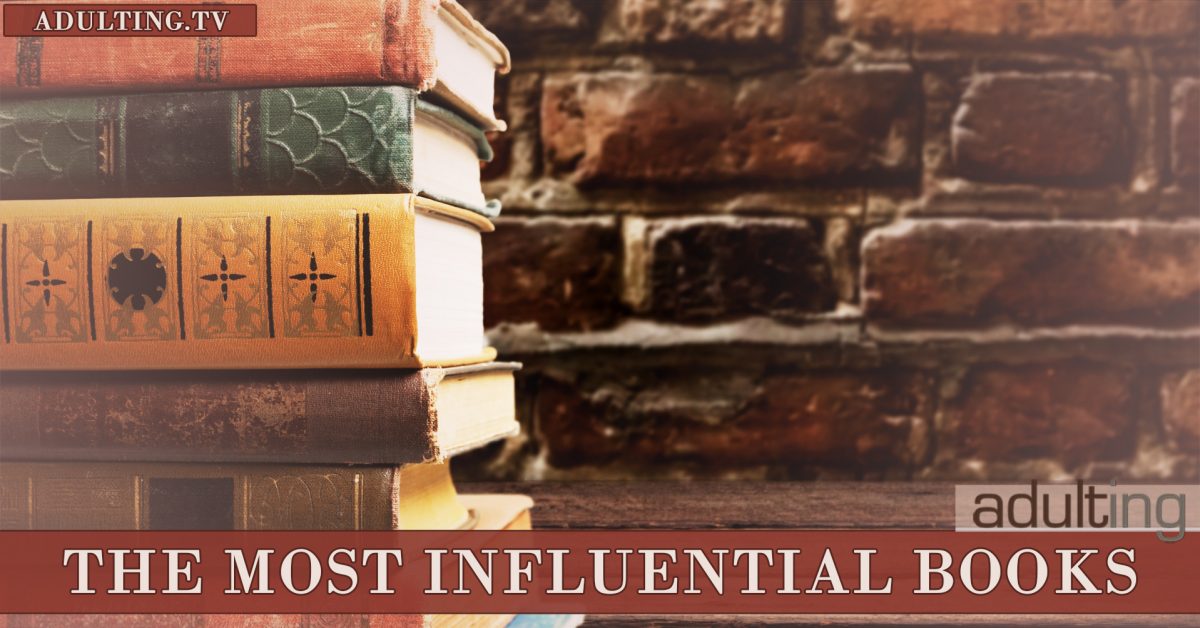


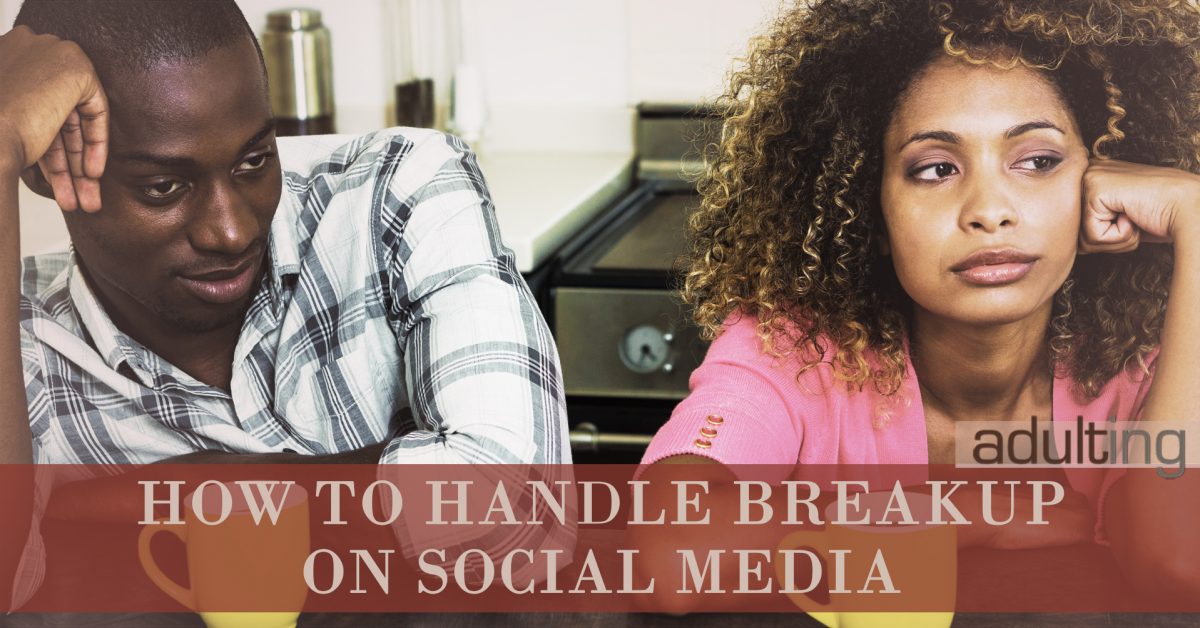
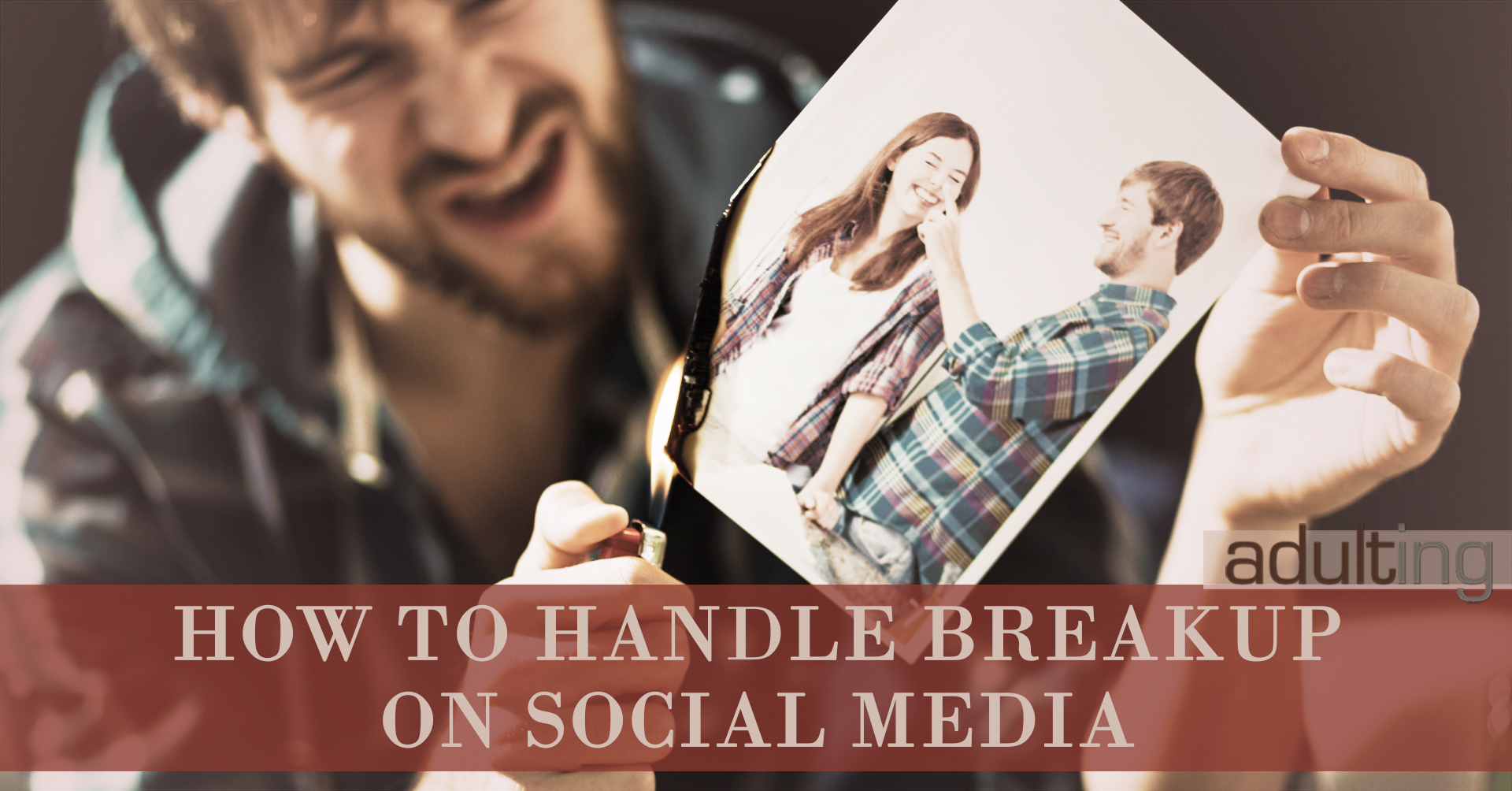


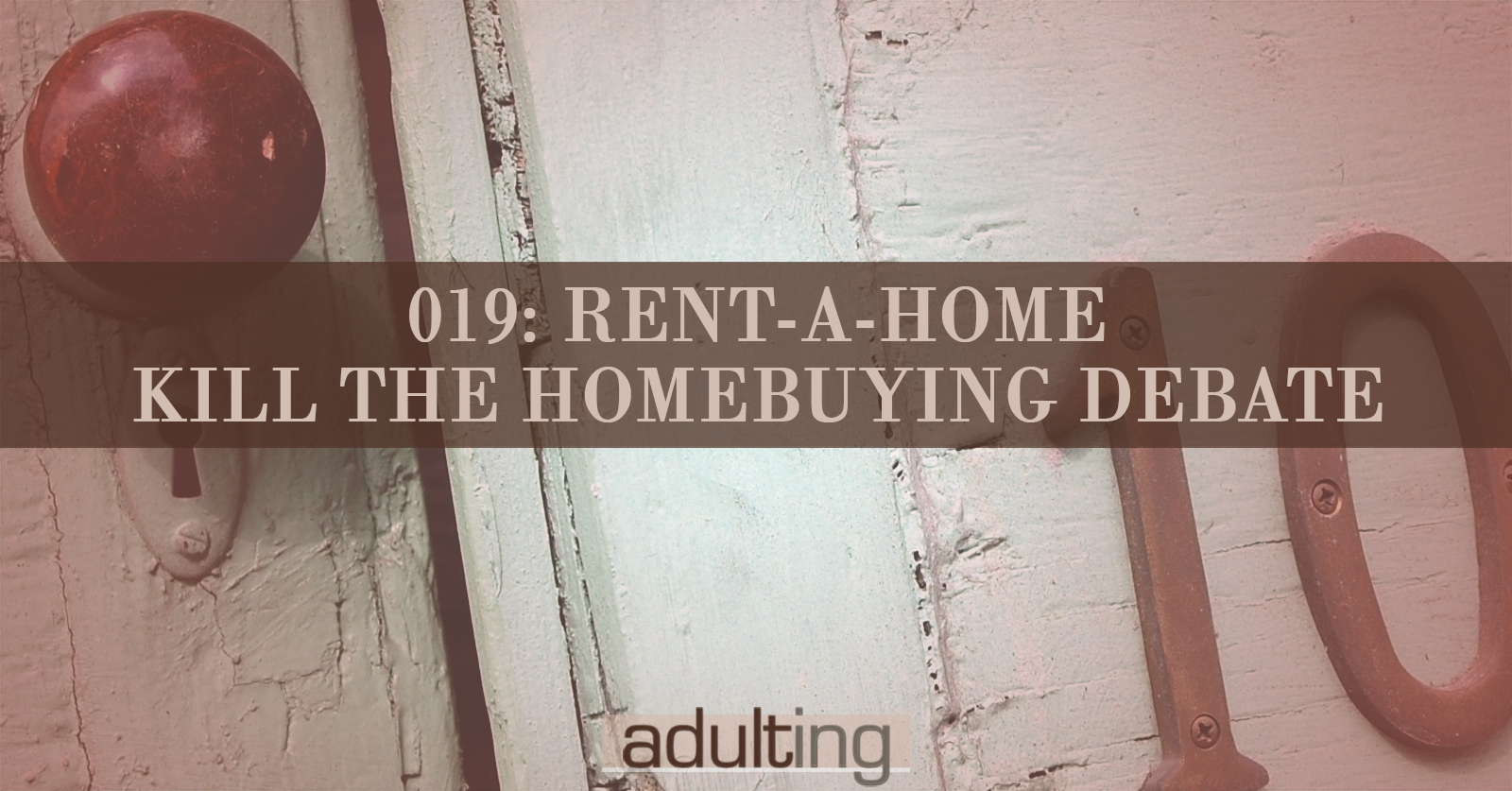
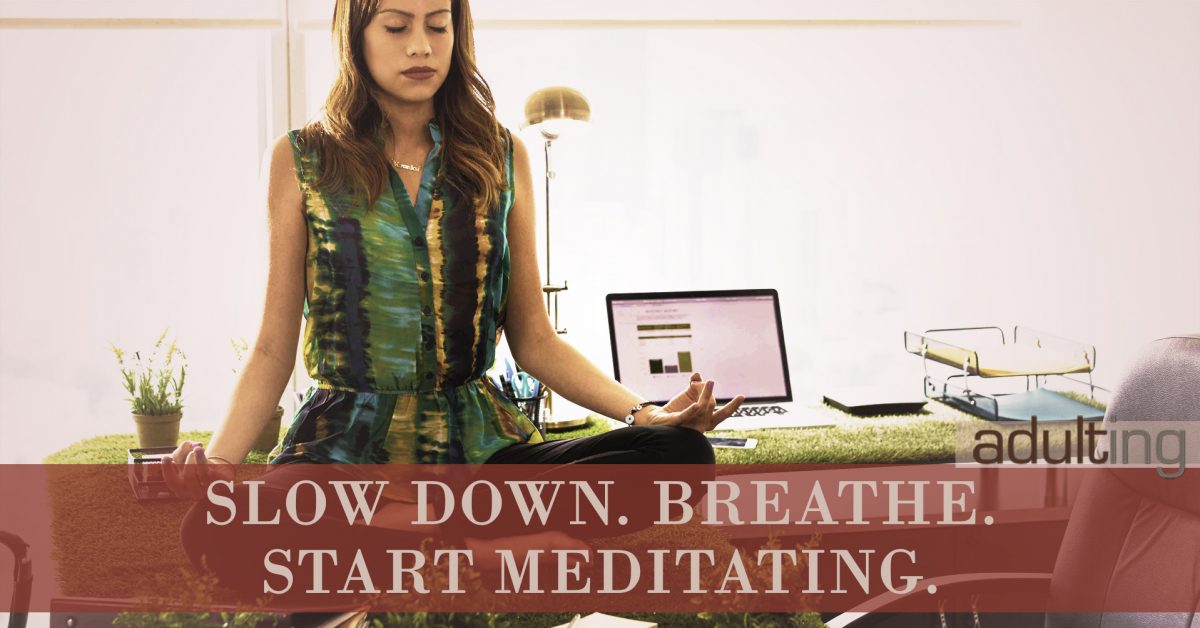
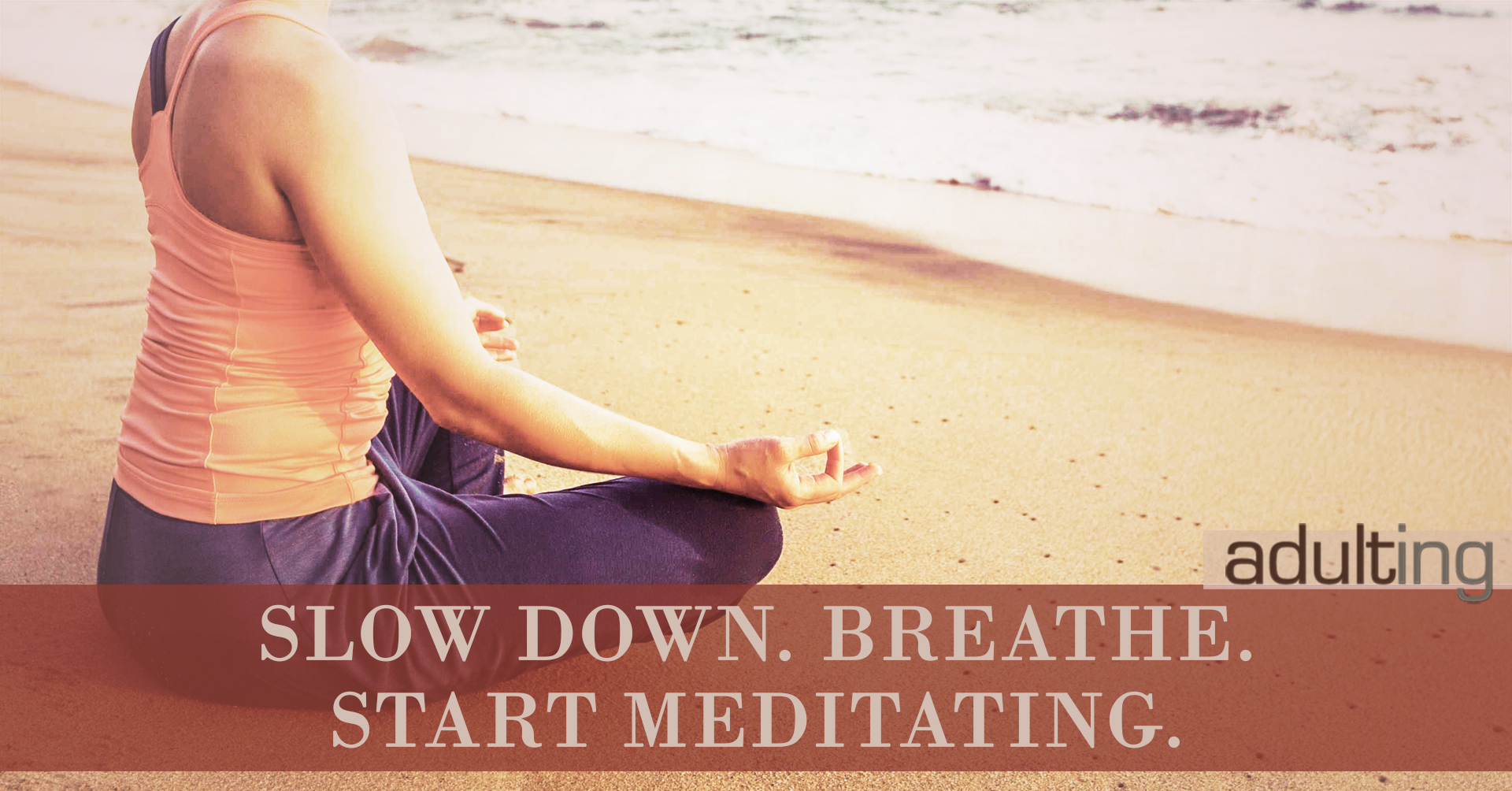
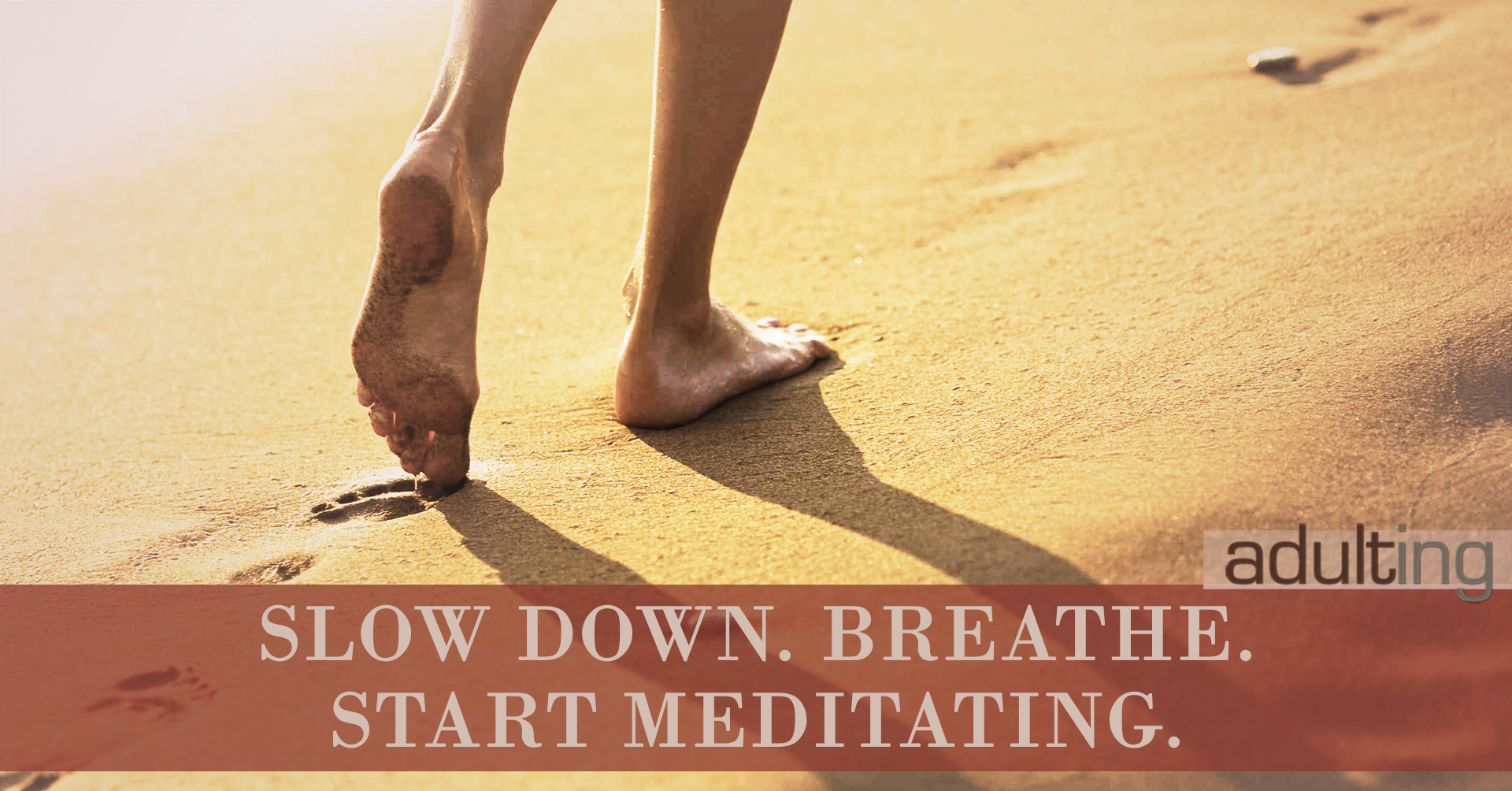
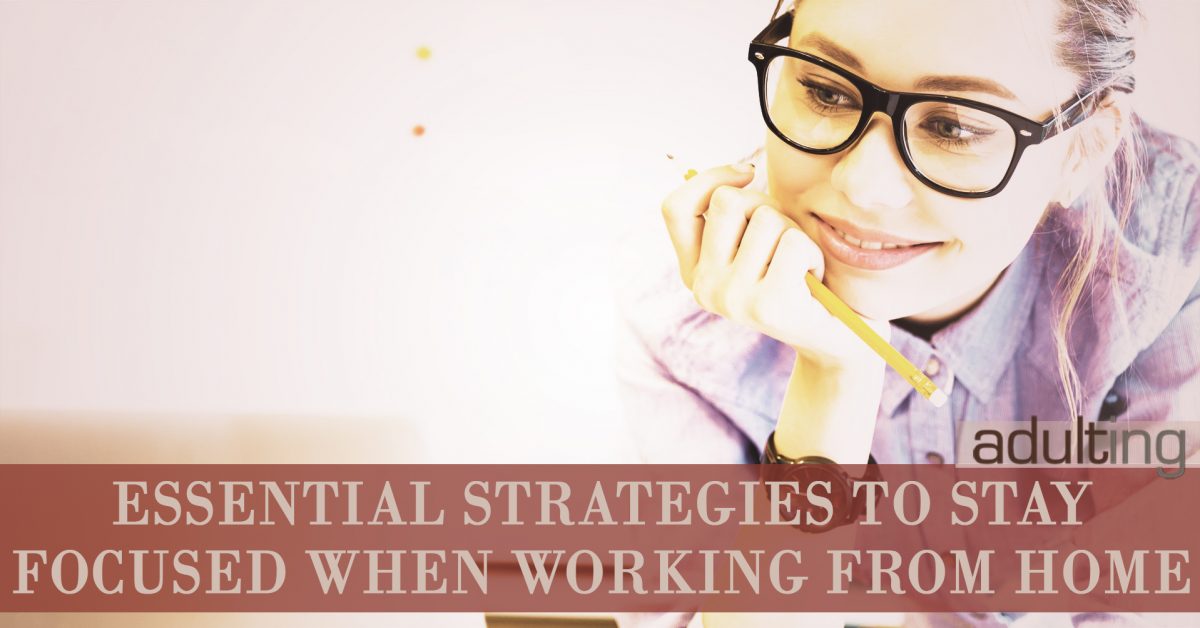
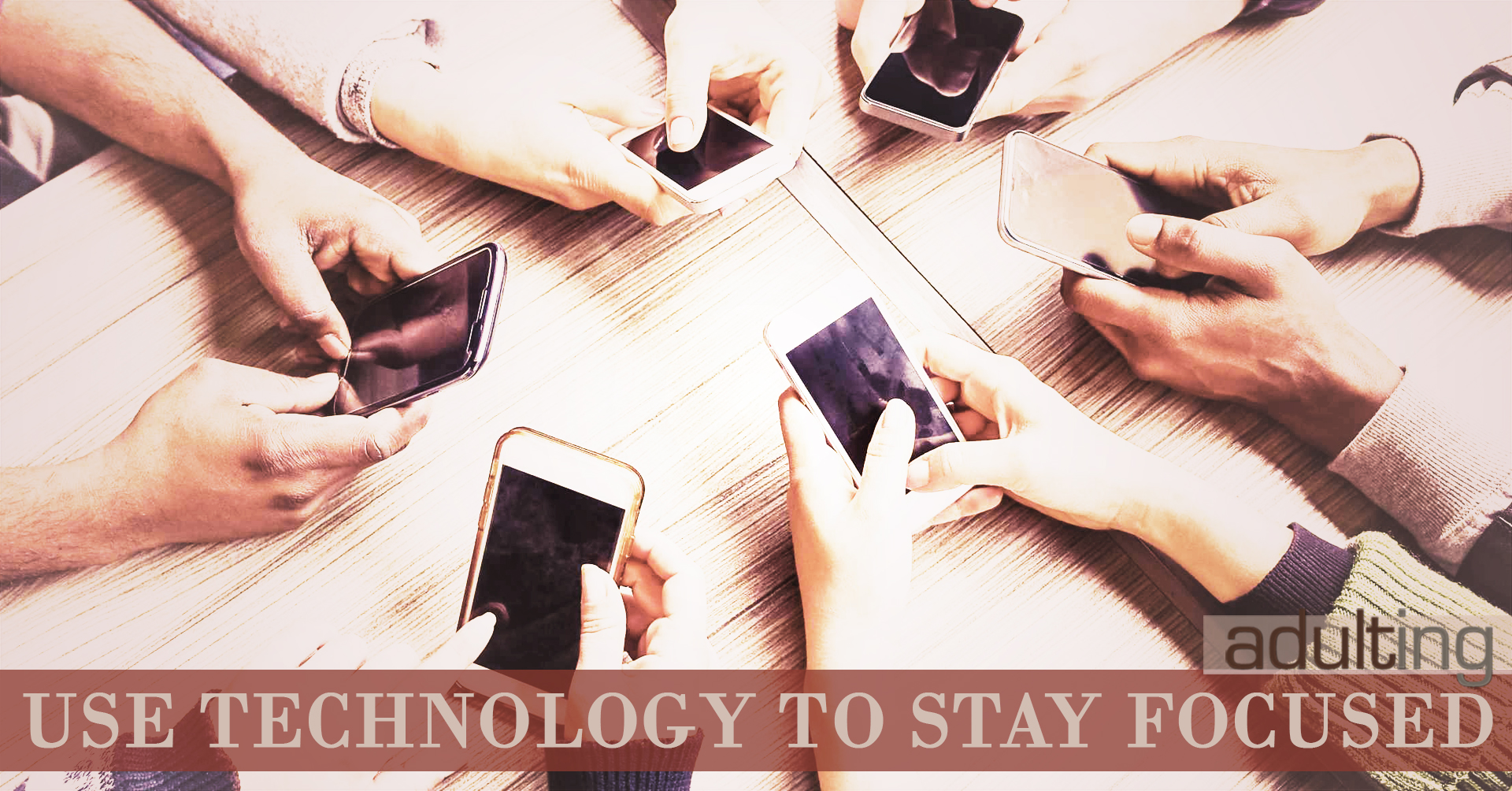
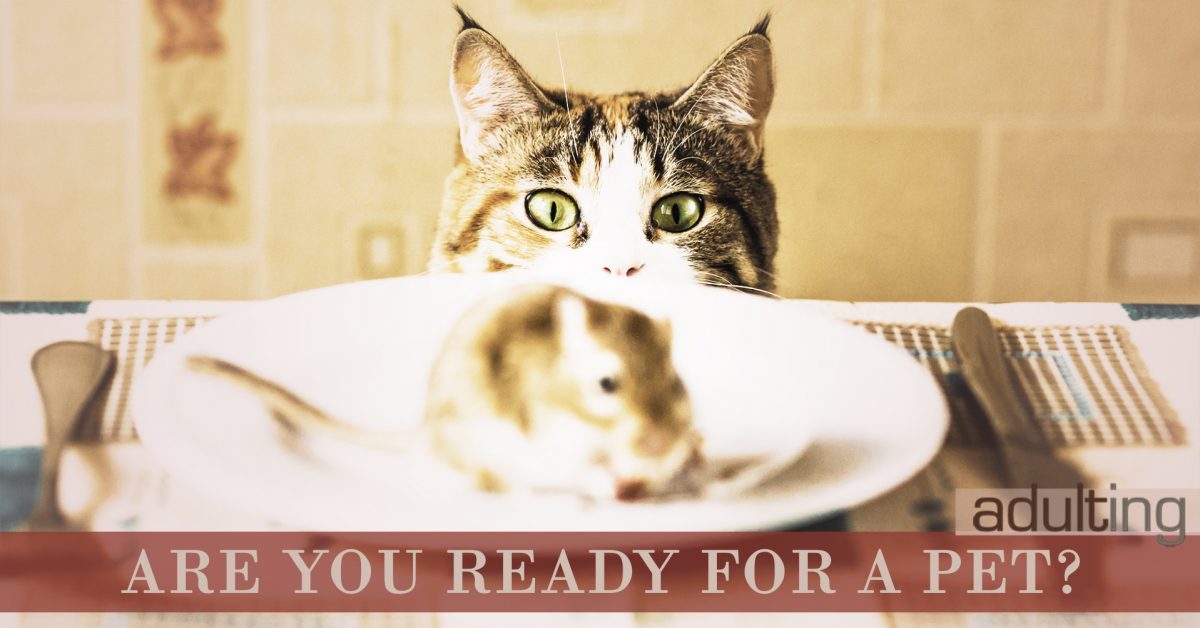
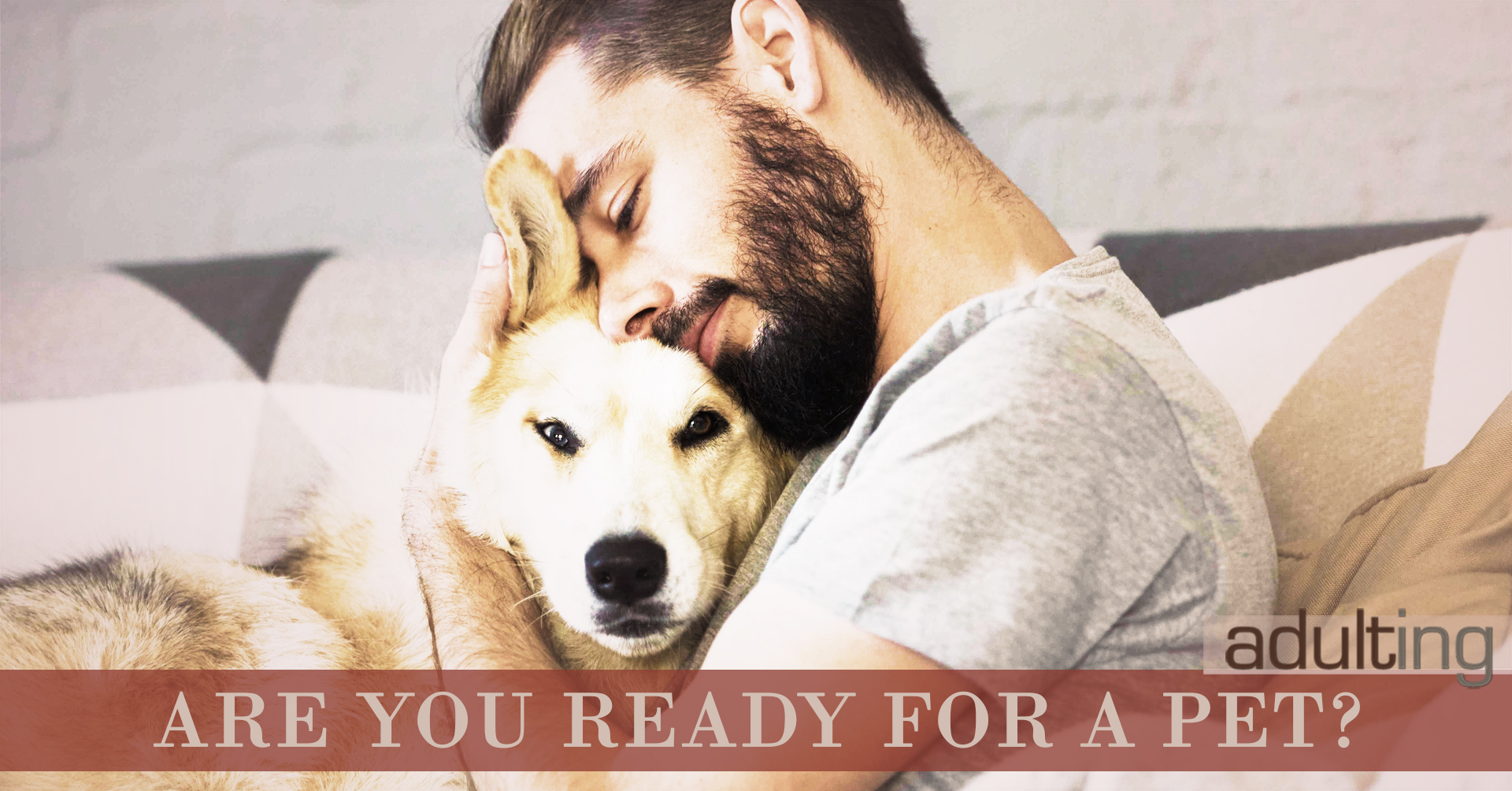
![[A042] Life’s Curveballs: Hit Them Out of the Park](https://adulting.tv/wp-content/uploads/2016/10/a042-1200x628.jpg)



